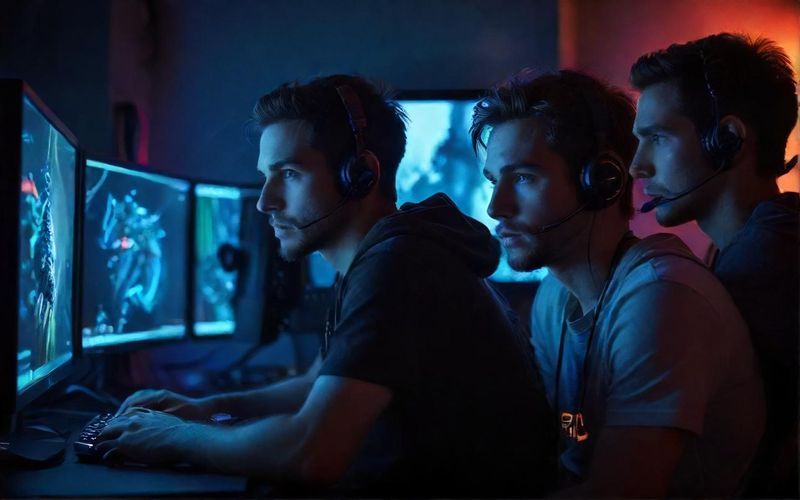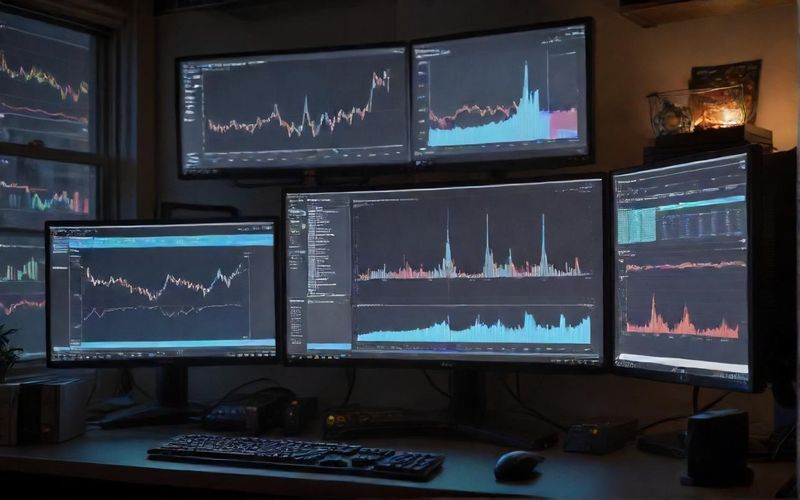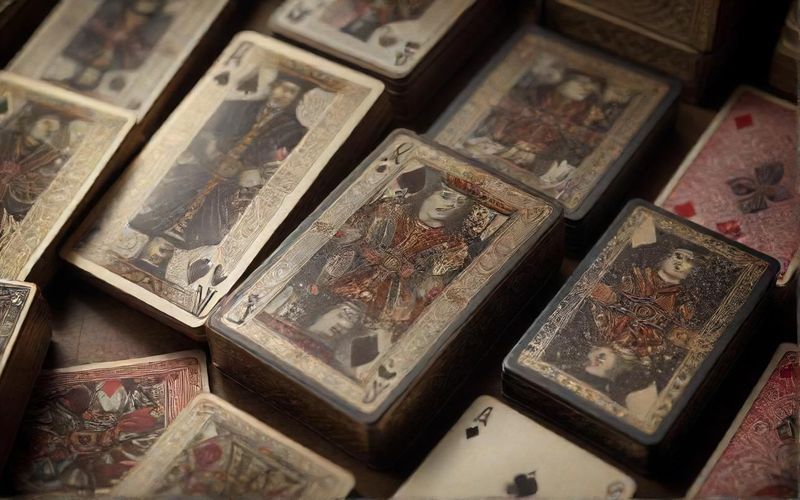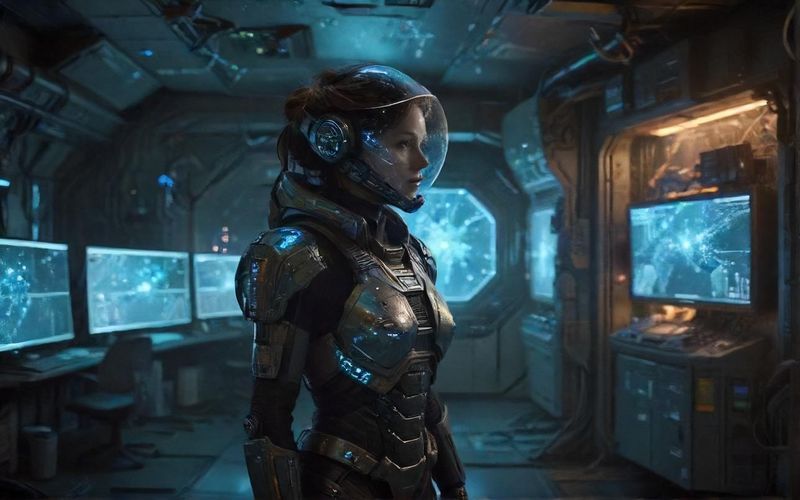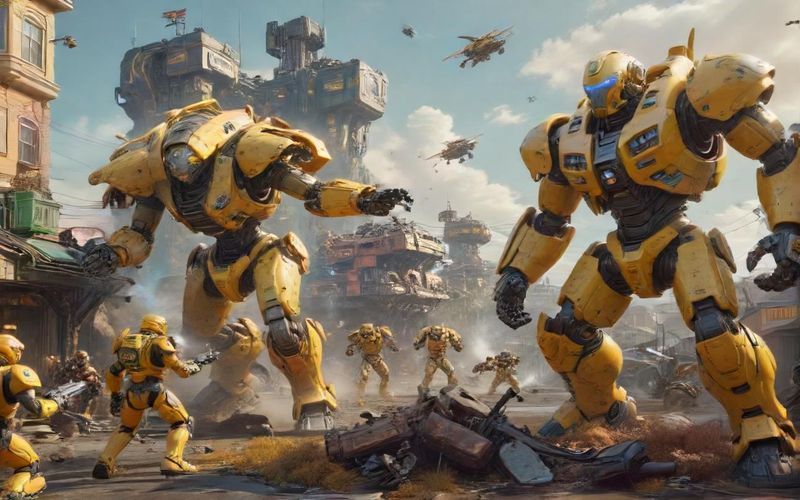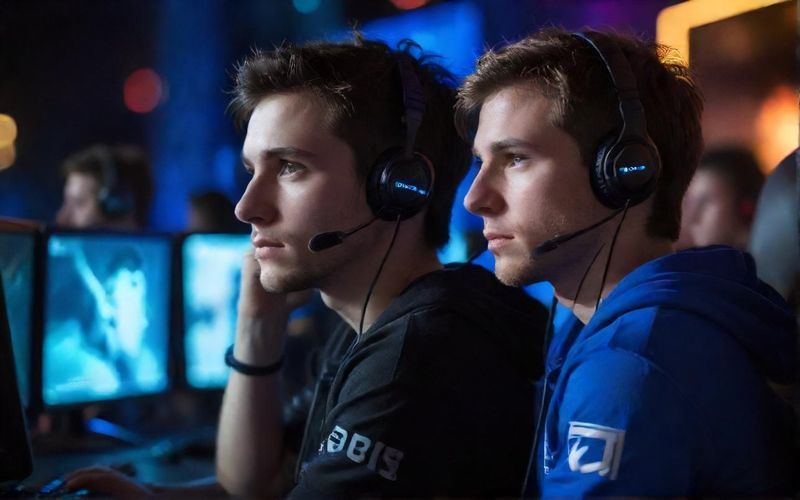Xbox 360 Classics Return: What's Next?
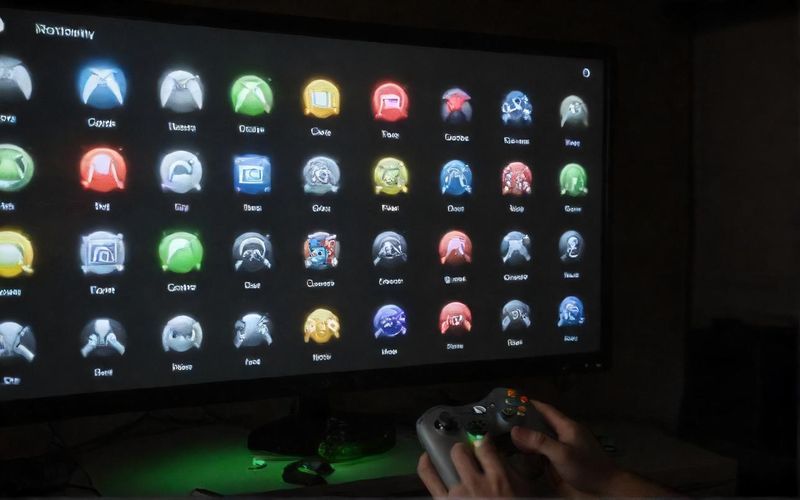
The speculation is understandable, especially given the recent shutdown of the Xbox 360 marketplace itself. For a while there, it felt like owning a disc was the only way to keep those memories alive. But now, these reappearing titles, spotted by keen eyes on social media, spark a conversation about preservation and the future of backward compatibility. Microsoft has, in fact, spoken about forming a dedicated game preservation team and has posted job openings hinting at work on backward compatibility for future systems. This isn't just idle chatter; there's an underlying commitment, a promise whispered in code and job descriptions, that suggests Microsoft is thinking about its legacy.
Consider the timing. With whispers of a new Xbox console potentially arriving as early as 2027, and reports leaning towards a Windows-based architecture, the need for robust backward compatibility becomes not just a feature, but a necessity. The challenge, as many seasoned gamers know, lies in the intricate web of licensing agreements that can tie up older titles, making their re-release a legal minefield. It's a complex dance, and sometimes, licensing issues are what cause these beloved games to disappear in the first place.
But what if this isn’t just about making games available for purchase again? Microsoft has been heavily invested in its streaming capabilities. Could this be a prelude to something grander, a way for players to stream games they own, even if they no longer have the original hardware? The idea of an official Xbox 360 emulator, as suggested by some insiders, also gains traction. We’ve seen independent efforts like Xenia keep classic games alive on PC. An official Microsoft-backed emulator would be a significant step, bridging the gap between generations and ensuring that these foundational titles aren't lost to time.
It’s also important to temper expectations. We’ve seen similar hopeful surges before, like the Transformers games on other platforms, which eventually led to disappointment when re-licensing fell through. The digital world is a complex ecosystem, and database errors, while perhaps less romantic, are a very real possibility. Yet, the sheer volume and the timing of these reappearances, coupled with Microsoft’s stated goals, make it hard to dismiss this as just another random glitch. This trend topic, delisted Xbox 360 games, feels like more than just a fleeting curiosity; it feels like a potential turning point.
So, what does this all mean for the average gamer who cherishes those hours spent on a 360? It’s a tantalizing glimpse into a future where our gaming past isn't just a memory, but a playable reality. While we wait for official word from Microsoft, this sudden reappearance serves as a potent reminder of the fragile nature of digital ownership and the enduring power of nostalgia. Will this be the moment that truly cements Microsoft's commitment to preserving its rich gaming history, or will these titles fade back into obscurity? Only time, and perhaps an official announcement, will tell.
